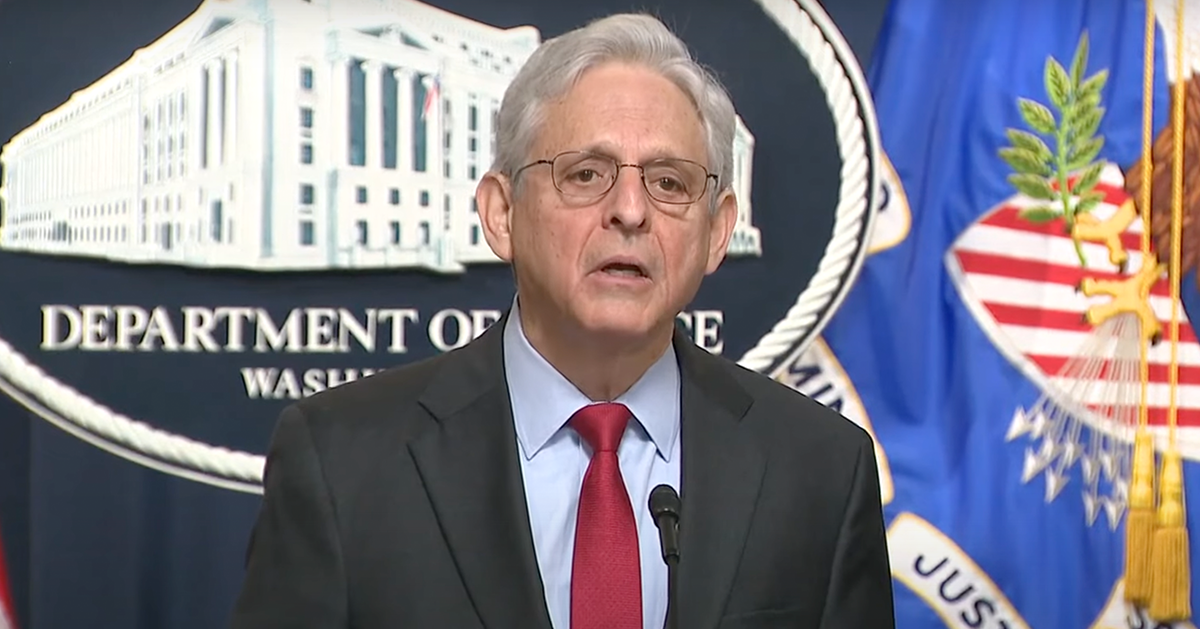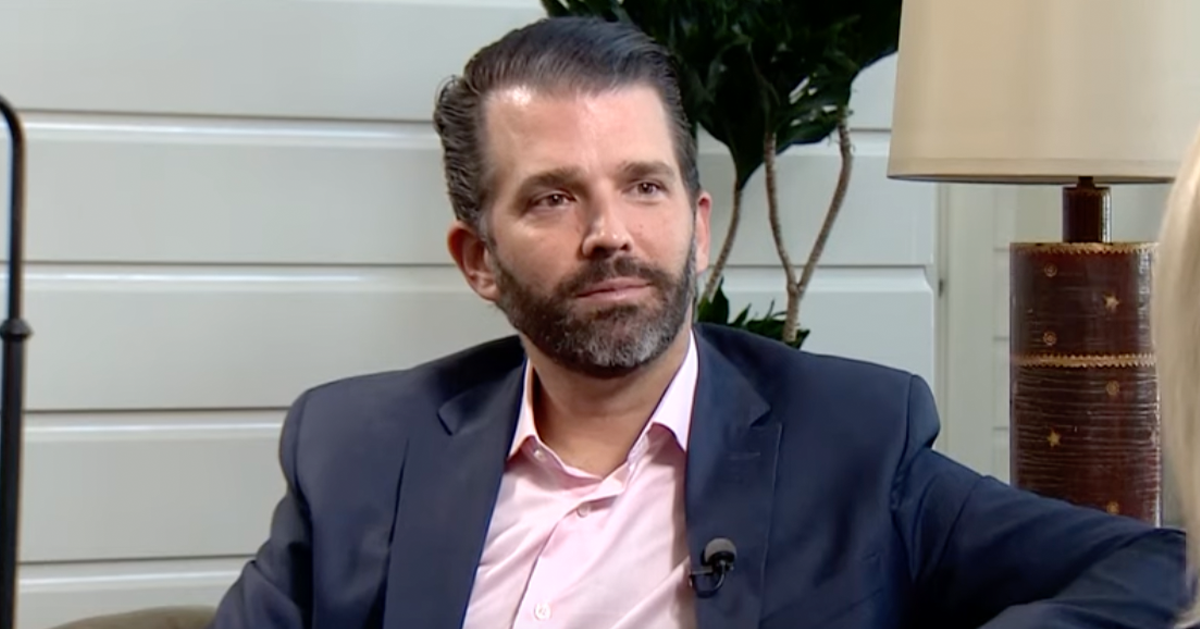Amy Coney Barrett Might Challenge Trump's Expectations in Immunity Case
The U.S. Supreme Court is in the process of considering the scope of presidential immunity, with Justice Amy Coney Barrett potentially opposing the majority view, according to some legal observers.
The high court is deliberating whether former President Donald Trump can claim immunity to avoid criminal charges relating to the 2020 election interference, and certain experts suggest that the votes may not shake out the way he expects, as Newsweek reports.
Supreme Court Evaluates Trump's Presidential Immunity
Last Thursday, the Supreme Court heard arguments regarding whether presidential immunity shields Donald Trump from prosecution in charges brought by Department of Justice special counsel Jack Smith.
The charges stem from actions during the Capitol unrest of Jan. 6, 2021, and alleged attempts to overturn the election results.
Trump's legal team argued that his actions were within the scope of his official presidential duties, focusing on election legitimacy. However, prosecutors countered that Trump was acting more as a candidate than as the sitting president during these events.
Justice Barrett’s Skepticism and Legal Implications
During the proceedings, Justice Amy Coney Barrett, appointed by Trump, appeared skeptical of granting complete immunity. Legal experts noted her interest in whether such arguments could instead serve as defenses during trial proceedings.
"From her questions, it did seem that she was not buying into a complete immunity," noted Shanlon Wu, a former federal prosecutor. He added that Barrett seemed inclined to explore these defenses more appropriately during trial.
Decision Likely to Influence Trial Timing
The justices, including Chief Justice John Roberts, indicated they might not fully accept the D.C. Circuit Court's rejection of Trump’s appeal. Instead, they appeared likely to send the case back for more fact-finding, which could delay the trial until after the November election.
“I think the justices will send the case back to the lower courts,” said Neama Rahmani, another former federal prosecutor, highlighting the need to determine if the actions related to the fake electors and the Capitol unrest were official acts.
Varying Opinions Among Justices
The Supreme Court's decision appears to hinge on diverse opinions among the justices. Professor Carl Tobias remarked on the differences, indicating that the outcome could feature multiple opinions and be narrowly decided.
Journalist Steven Mazie pointed out, "There seem to be four votes mostly against Trump—the four women. This is going to come down to Chief Justice John Roberts, who will write the opinion."
Public and Legal Reactions
Coney Barrett's approach drew significant attention, with constitutional law professor Anthony Michael Kreis tweeting about her strong stance against Trump's arguments. Similarly, MSNBC host Ari Melber critiqued Barrett's skepticism regarding the lack of precedent in Trump's arguments.
Attorney Asha Rangappa also praised Barrett for asking probing questions about allowing public authority defenses to serve as front-end legal immunity, noting the lack of clear responses from Michael Dreeben, representing the prosecution.
Looking Ahead: Implications for Presidential Immunity
The Supreme Court's decision on this case could redefine the boundaries of presidential immunity, affecting not just Donald Trump but also setting a precedent for future presidents. The outcome may also impact the timing and nature of the upcoming presidential election trials.
This case underscores the complex interplay between law, presidential responsibilities, and electoral integrity, as the nation watches closely.
Conclusion: A Pivotal Moment for U.S. Legal Precedent
In conclusion, the Supreme Court's deliberations on presidential immunity in the context of Trump's actions during the 2020 election crisis represent a critical juncture in American jurisprudence.
The decision, influenced by justices' diverse views and legal arguments about the extent of presidential powers, will likely have lasting implications for the legal landscape of presidential accountability.






